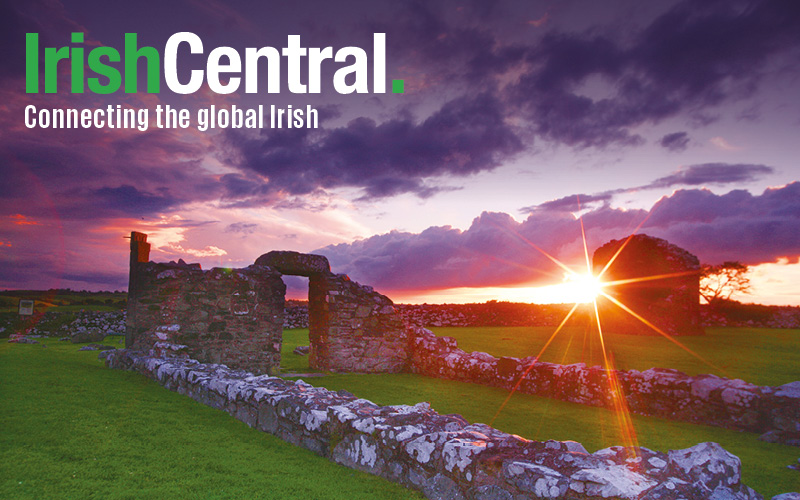• A decade of challenge and change in Irish and Irish-American music
Top Irish-American albums of the decade
• Black 47: 'Trouble in the Land'
• Prodigals: 'Needs Must When the Devil Drives'
• Pierce Turner’s '3 Minute World'
• Enter the Haggis: 'Casualties of Retail'
• Dropkick Murphys: 'Blackout'
Top Irish albums of the decade
• U2’s 'All that you can’t Leave Behind'
• Afro Celt Sound System’s 'Volume 3: Further in Time'
• Sinead O’Connor’s 'Throw Down your Arms'
• 'VH1 Presents The Corrs: Live from Dublin'
The new millennium ushered in a decade of transformation for Irish music. It was a typical decade in some ways: U2 ruled the charts again with three classic albums, and big show productions like Celtic Thunder and Celtic Woman thrilled audiences in the same way that "Riverdance" did in the '90s.
In the past, New York-based bands like Black 47 and The Prodigals wove punk and reggae into Irish melodies, but this decade found Ireland opening its doors to new ways of interpreting music that created thrilling sounds on both sides of the Atlantic.
They say art imitates life, and that was especially true when considering some of the best Irish music produced this decade. In the '90s Ireland introduced a hugely successful policy of peaceful industrial relations and joint wage bargaining. The Government offered concessions to expatriates to build factories and lured those companies further with a well-educated, English-speaking workforce. American companies like Dell, Baxter and Microsoft landed there — and by the new millennium, the Irish economy was growing at 8 percent annually. This made the tiny island a destination for thousands of immigrants once the Irish became too prosperous to clean their own houses or cook their own meals.
This rise in immigration changed the fabric of Ireland as this Celtic Tiger roared, and the new cultures that attempted to assimilate into the Emerald Isle influenced the music that native Irish produced throughout the decade.
The Chieftans continued to try on other cultures like they were shopping for coats. Sinead O’Connor produced a reggae album, "Throw Down your Arms." Luka Bloom blew out the walls of Irish folk music by injecting Middle Eastern percussion and textures into his acoustic strums, while Damien Dempsey looked at the whole thing with a mistrustful eye of the boxer that he once was.
The music business and overall world climate changed during this decade, and Irish artists were not immune to the transformation. In 2000, record stores would bring out the green each St. Patrick’s Day, and the Irish and Irish-American artists would have their day in the sun. Today, record shops are as rare as hen’s teeth. Smarter bands turned to MySpace, Facebook and Bebo — as well as festival tours — as a means to reach new audiences now that record stores and original radio programming dried up.
It wasn’t the best decade in which to pursue a rock 'n' roll dream, but we Irish are a hearty stock. Only the strong survive in this climate, and survive and thrive we did!
Irish artists found it hard to tour in the States after the US government cracked down on immigration policies in the wake of 9/11, which changed the way they toured. The Pogues touched off a revolution in Irish rock, spawning the likes of Flogging Molly and Dropkick Murphys. Just when you thought they were a mere legacy act, they came back this decade. Inexplicably, Shane McGowan walked among the living and sang his heart out during a string of successful reunion gigs that reminded all of us where we came from.
IrishCentral will look at these transformational times and the groundbreaking albums on both sides of the Atlantic that shaped one of the most-exciting decades of our culture.
We’d love to hear from you about what moved you most this decade. We will give you the opportunity to cast your vote on the best albums — both Irish and Irish-American — and give you the chance to win a night on the town with Black 47 this New Year’s Eve in Manhattan!




Comments